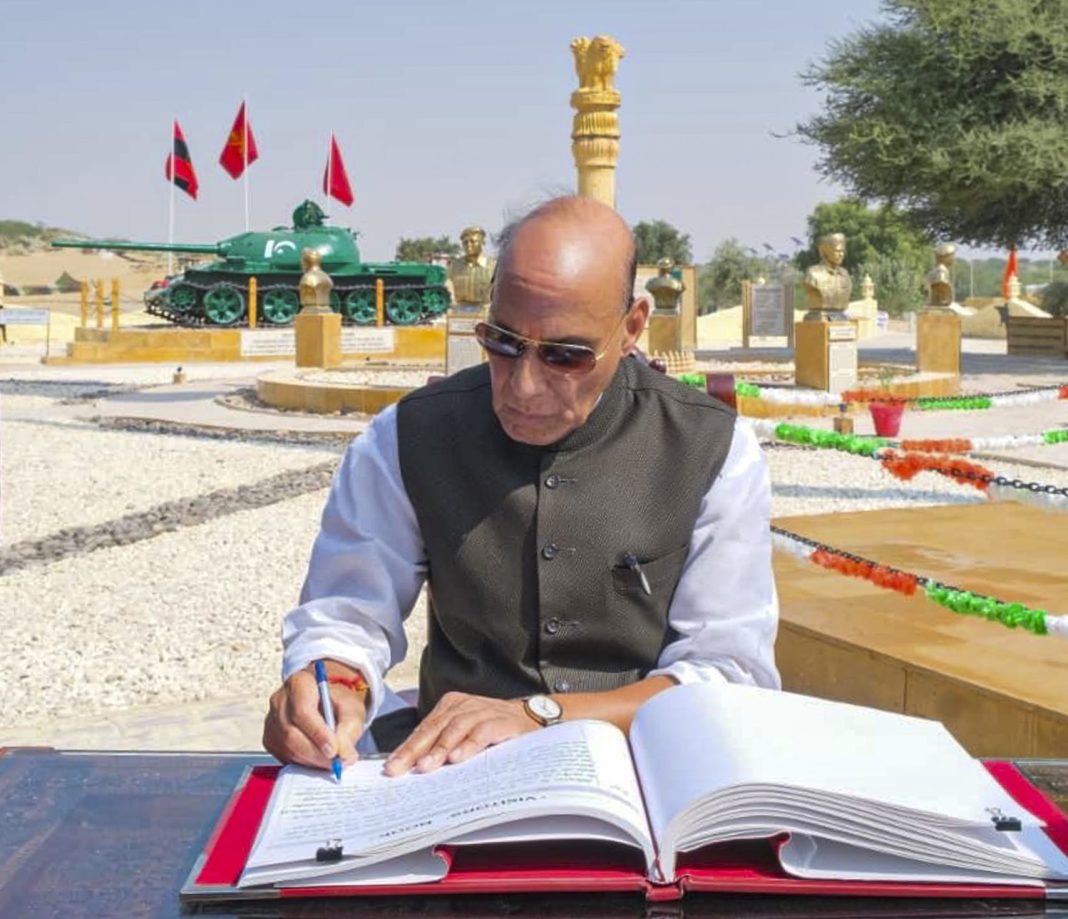By Dipak Kurmi
More than a month has elapsed since Zubeen Garg breathed his last on the nineteenth of September in the year 2025, during his sojourn in Singapore while attending a cultural festival. Born on eighteen November nineteen seventy-two, Zubeen Garg was an Indian musician, singer, composer, songwriter, instrumentalist, actor, director, filmmaker, poet and philanthropist who primarily worked and sang in the Assamese, Bengali, and Hindi languages. His sudden demise while swimming, caused by a seizure and subsequent breathing complications, sent shockwaves through the artistic landscape of India and devastated the people of Assam who considered him nothing short of a legend. The fans continue to demand justice for what they characterize as an untimely death on foreign soil, their grief intermingled with lingering questions about the circumstances surrounding his passing.
The void left by his absence cannot be easily filled. Over his three-decade-long career, he recorded more than thirty-eight thousand songs, making him one of the most prolific singers in Indian music history. Yet what remains largely unspoken in the discourse surrounding his death is the profound burden that accompanies the crown of celebrity, a burden that weighed heavily upon his sensitive and artistic shoulders throughout his illustrious career.
Zubeen was more than merely a performer or entertainer; he was a cultural custodian for Assam, a voice that articulated the aspirations, struggles, and dreams of his people. Those who have followed his career intimately recognize his staunch refusal to be bound by the constraints of celebrity decorum. He spoke his mind with characteristic candor and did not concern himself with whom he might offend, for his words were invariably laced with biting sarcasm directed at the political establishment and the elite. He was a self-professed social leftist, someone who refused to be silenced by the pressures of contemporary politics. This commitment to speaking truth to power distinguished him from countless other artists who choose the safer path of neutrality and conformity. He was consistently vocal against Hindi imposition, a position that required considerable courage given the political climate of the nation. When he spoke, it was always to articulate some harsh truth. He stated openly that for the people of the Northeast, English served as the link language, and that Assamese was a rich and beautiful tongue, as ancient and valuable as Hindi itself, if not more so. He proudly proclaimed his linguistic and cultural identity in an era when such assertions were often met with resistance and political pressure.
The extraordinary persona that Zubeen commanded on stage was undeniable. Those privileged enough to witness his performances recall the electricity that permeated venues when he graced them with his presence. His much-loved composition Mayabini could send audiences into raptures with merely the opening lines, yet beneath this magnificent talent lay a fundamentally human individual, prone to the same highs and lows that characterize the existence of ordinary people. The world in which he inhabited was surreal and unforgiving, one where artists are perpetually haunted by the uncertainty of whether they will receive the same adulation once their physical abilities begin to wane and they can no longer perform. Those managing the lives and finances of such artists are frequently the most extractive, profiting handsomely from every show while ensuring that the artists continue their relentless performances, driven by fear of obsolescence.
For someone of Zubeen’s temperament, marked by extraordinary sensitivity and emotional depth, the constant travel from one end of the country to another and frequently overseas meant living a whirlwind existence with scarcely a moment to contemplate life, love, and longing. This relentless schedule left him little time to process his own inner turmoil or to grieve his personal losses. What he could not express adequately through spoken words flowed out magnificently as melody and verse, transforming his anguish into art that resonated with millions. Every now and then, the quintessential Zubeen would speak his mind in incisive interviews, articulating his philosophy with characteristic clarity. In one particularly revealing conversation, he declared, “A king never leaves his kingdom,” referring to his flat in Mumbai, which he deliberately left forlorn because Assam was his true hearth and home, the only place where his restless soul could find genuine solace, at least until the next performance and the one after that called him away again.
Listening to Zubeen sing, one senses an undefined pathos permeating his compositions. His music carries within it an almost palpable quality of grieving, as though he were constantly mourning something intangible yet profoundly real. He also seemed to possess a premonition about death, a prescient awareness that mortality was not a distant abstraction but an ever-present reality. Perhaps this stemmed from the loss of his sister in a tragic accident, a loss that he could never fully reconcile with emotionally or philosophically. Those among us who have experienced such profound bereavement comprehend the devastating mental and emotional toll that such losses inflict upon the human spirit. Yet does someone of Zubeen’s stature even possess the luxury of complaining about such immense burdens? Society demands that stars continue to shine brilliantly regardless of the darkness they carry within.
Those surrounding him, his managers and handlers, expected him to deliver consistently and without compromise, no matter what inner turmoil he might be experiencing. Yet it was abundantly evident to anyone who watched Zubeen perform regularly that he never needed to exert artificial effort to establish rapport with audiences. They roared with ecstasy as he plucked the strings of his guitar with practiced precision or as his fingers glided effortlessly over the keyboard. The moment he sang the first line of any composition, the crowd descended into a frenzy of enthusiasm and adoration. It remains extraordinarily difficult to recall any singer-songwriter from the Northeast, or indeed from the entire Indian subcontinent, who possessed such a powerful and magnetic persona while simultaneously maintaining the ability to entertain audiences effortlessly despite obvious manifestations of fatigue and exhaustion.
To be an artist performing for massive crowds night after night inherently means existing in a perpetual state of heightened energy, or at the very minimum, having to appear in such a state. Yet fatigue is cumulative and relentless, the accumulated consequence of late nights spent traveling, lost sleep and rest, the emotionally draining routine of constant movement, and the gnawing, persistent fear that if one fails to deliver on a particular performance date, a younger, more versatile replacement will eagerly step into one’s position. This thought haunts all performers, regardless of their stature or accomplishments. It is the psychological burden of knowing that the public’s appetite is fickle and that relevance in the entertainment industry is a temporary commodity. However, it must be noted that Zubeen did not actively seek adulation or validation from the masses. When he spoke publicly, it was consistently to articulate truths that others preferred to leave unspoken. His political consciousness was rare among his contemporaries in the music industry. To publicly declare oneself a social leftist and an admirer of Che Guevara at a historical moment when the rulers of the nation profess a decidedly right-wing agenda required a courage of conviction that few individuals possess in the contemporary world.
The son of Assam, born in Jorhat to a family with strong cultural ties, also felt deeply the pain of the underdogs within his state’s divided polity, those labeled as immigrants and forcibly bulldozed out of their ancestral hearths and homes. In death, remarkably, Zubeen proved capable of uniting everyone in shared grief, transcending the religious and linguistic fractures that have increasingly deepened in Assam in recent years. After four days of state mourning, Garg was cremated on September twenty-third with full state honours and a twenty-one-gun salute. Zubeen also vehemently denounced the pernicious caste system and proudly identified himself as a secularist with a heart firmly oriented toward the poor and the suffering. He decried with eloquent passion the destructive politics of division that fragment society and erode social cohesion.
The question that haunts us now is whether Zubeen’s earnest aspirations for a more just and equitable Assam will be allowed to bloom and flourish in the Assam of today, particularly given the contemporary political trajectory of the state and nation. Will his legacy endure beyond the immediate shock of his passing? It is a fatal human flaw that no matter how deeply we love someone, the memories of them gradually fade with the passage of time, their urgency diminishing, their details becoming hazy. One can only hope with profound sincerity that this will not be the case with Zubeen Garg, whose contributions to music, culture, and social consciousness merit eternal remembrance and continued relevance in shaping Assam’s cultural and political future.
(the writer can be reached at dipakkurmiglpltd@gmail.com)




